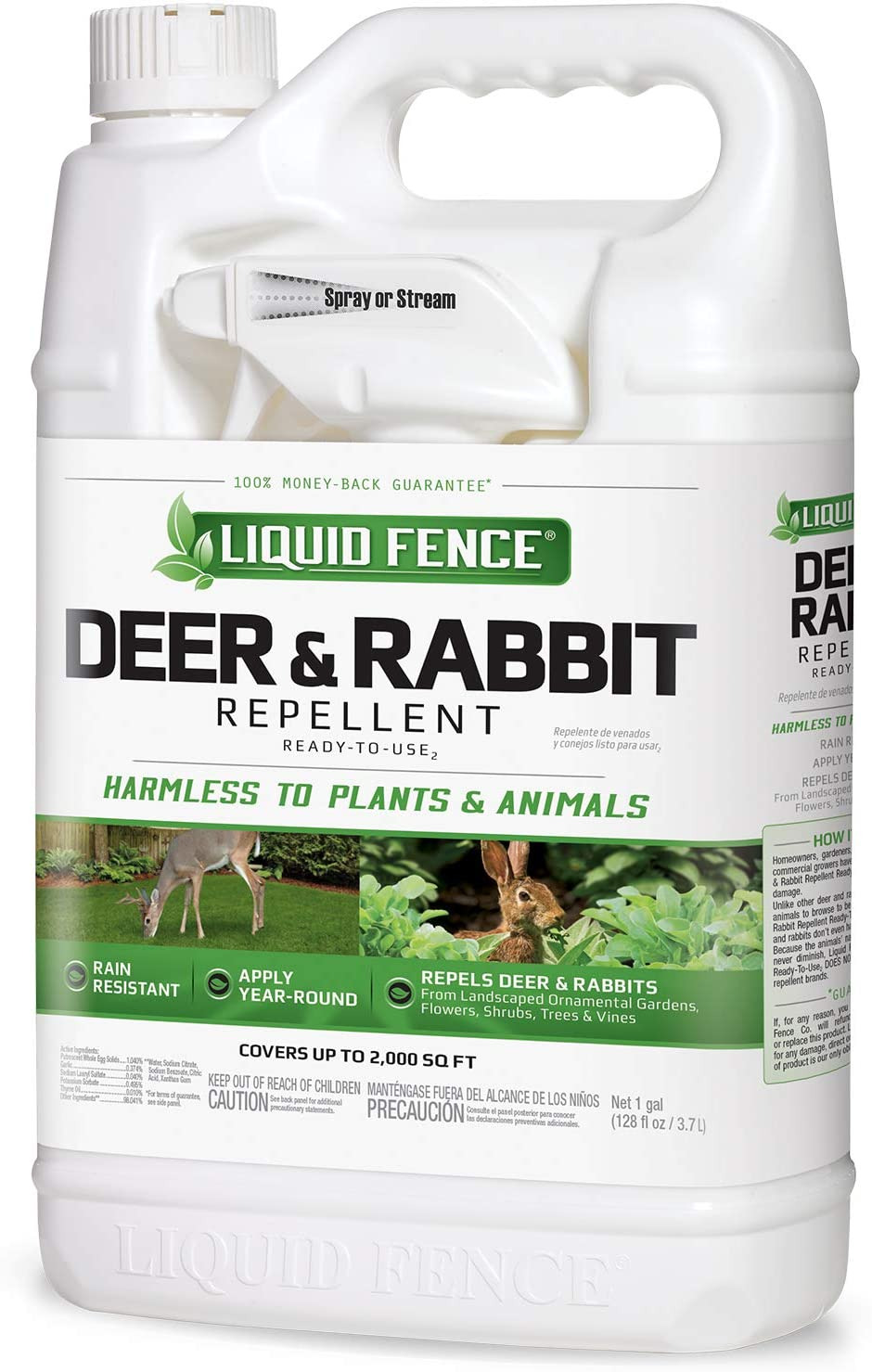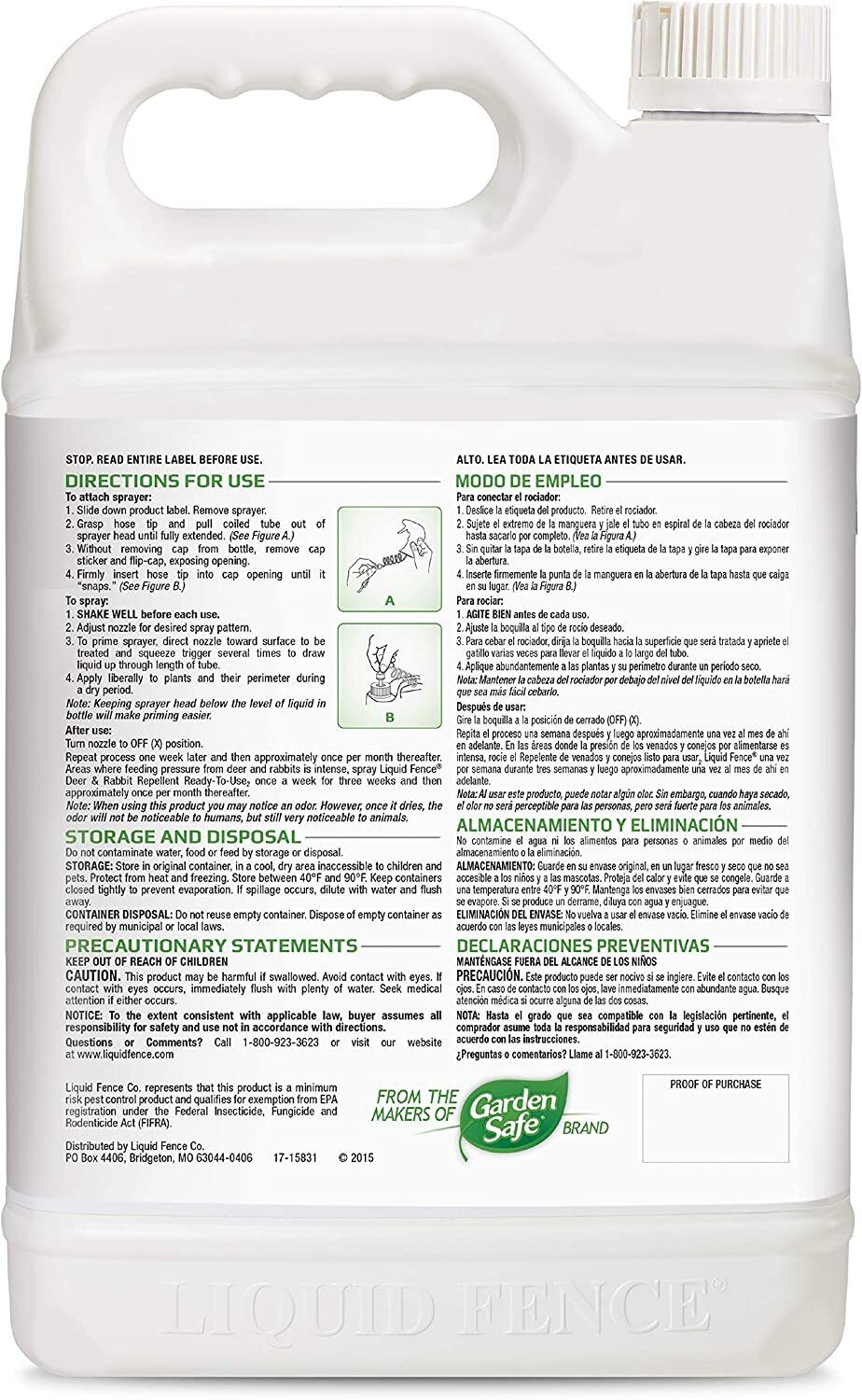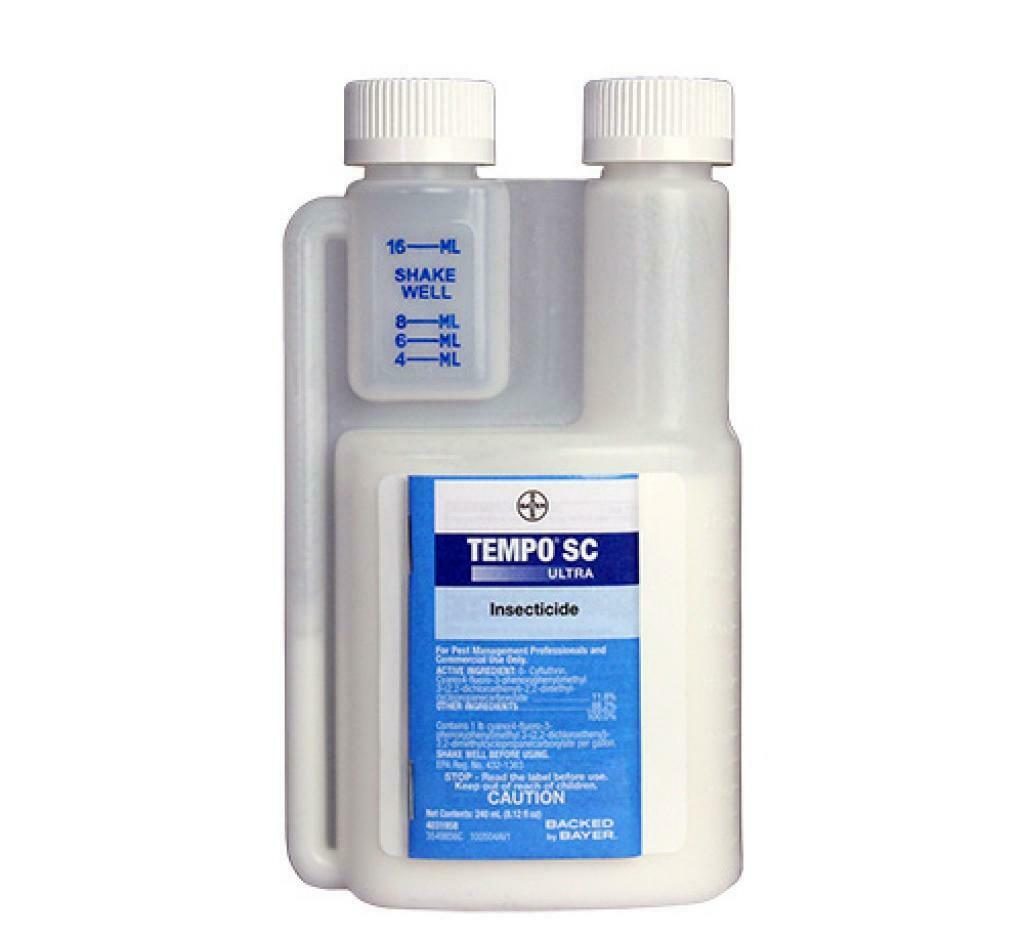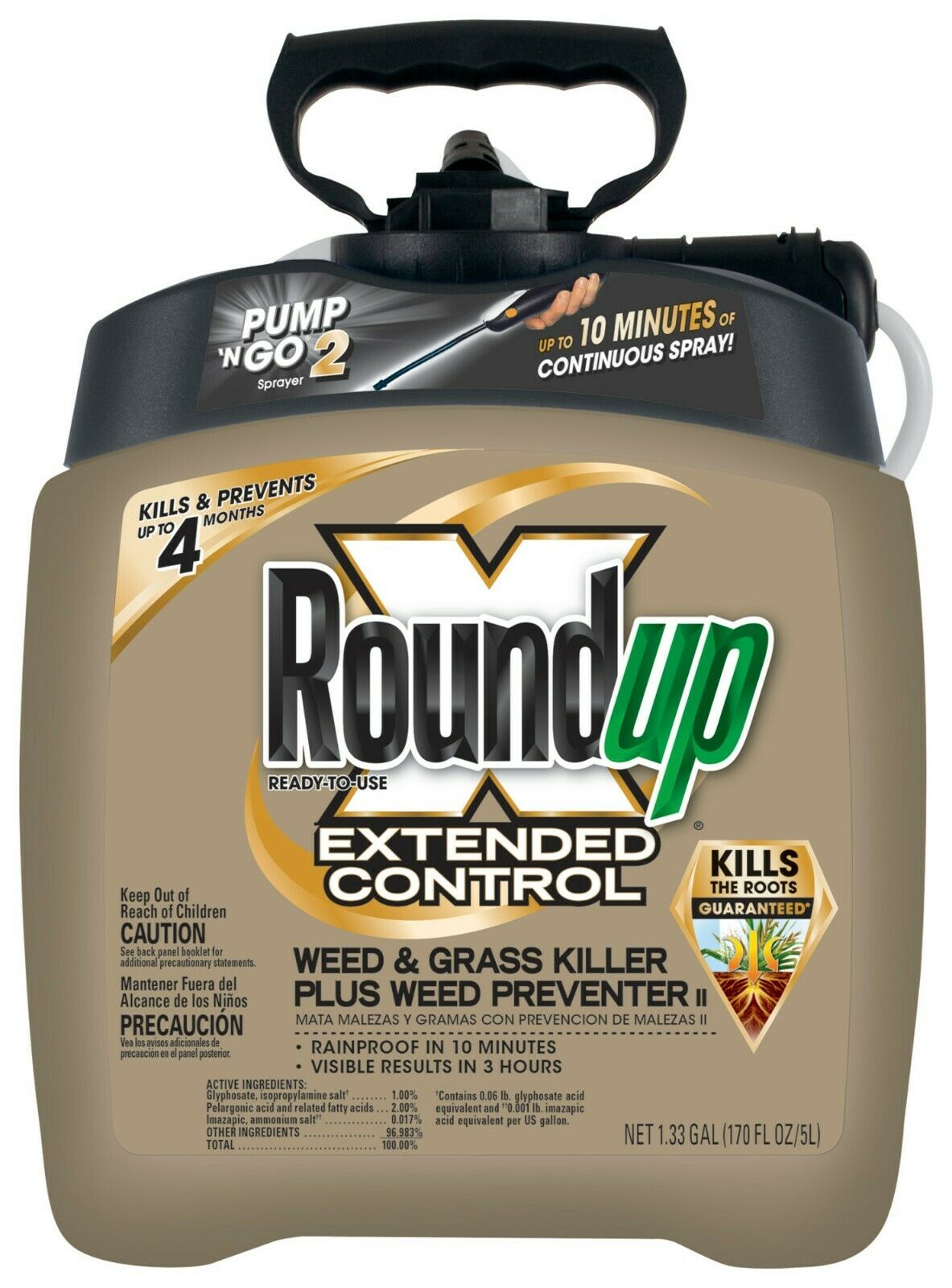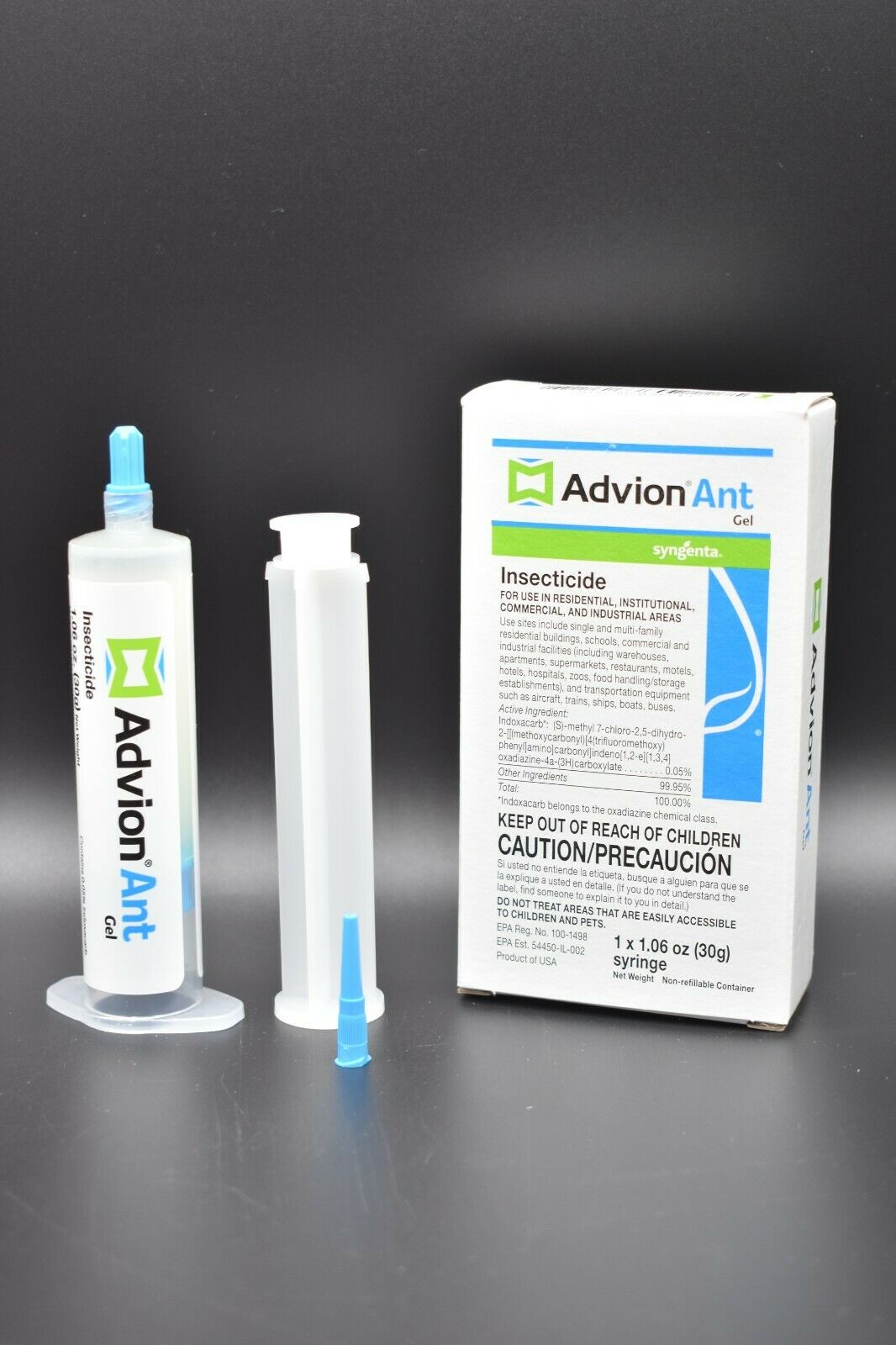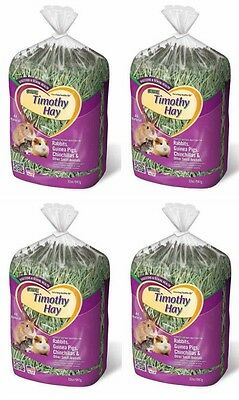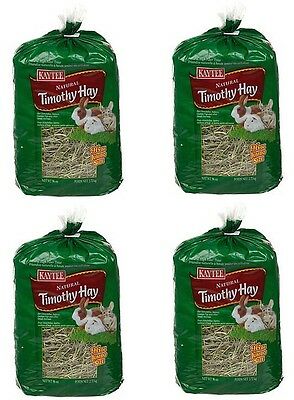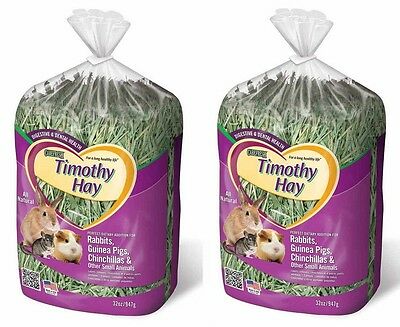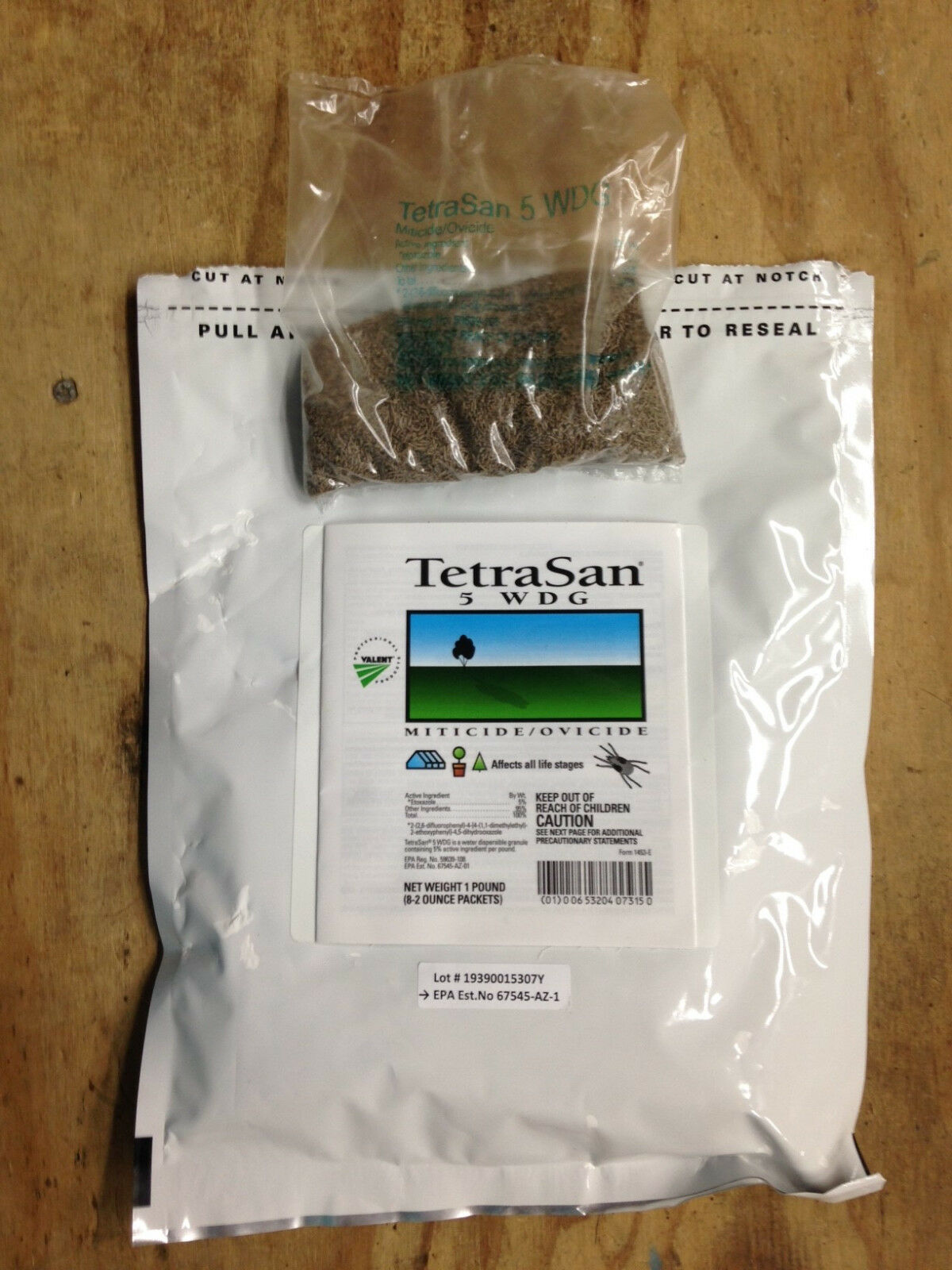-40%
Liquid Fence Animal Repellent, 128 Oz, Deer and Rabbit Repellent
$ 19
- Description
- Size Guide
Description
REPELS DEER AND RABBITS: Deer and rabbits don’t have to eat vegetation for the repellent to be effective—they have a natural aversion to the scentSPRAY ON PLANTS: Use to treat landscaped ornamental gardens, flowers, shrubs, trees and vines
RAIN RESISTANT: Ready-to-use liquid formula starts to work immediately
HARMLESS TO PLANTS AND ANIMALS: Won’t harm plants and animals when used and stored as directed
APPLY YEAR-ROUND: No need to rotate with other repellent brands – animals’ natural aversion to Liquid Fence Deer and Rabbit Repellent Ready-to-Use2 will never diminish
From the manufacturer
Invisible Barrier. Clear Results.
Plant-munching animals enjoy a gorgeous garden almost as much as we do – but deer, rabbits, moles and other pests can destroy your hard work seemingly overnight. When four-legged pests become a problem, Liquid Fence animal repellents send them packing using scent and taste-deterrent formulas that won’t harm animals or plants when used as directed.
Liquid Fence(R) Deer & Rabbit Repellent Granular
Homeowners, gardeners, professional landscapers and commercial growers have discovered Liquid Fence(R) Deer & Rabbit Repellent Granular2 works to stop deer and rabbit damage. Liquid Fence works on scent, unlike other repellents that require the animals to browse to be effective, so deer and rabbits don't even have to take a bite to be repelled. Because the animals' natural aversion to this scent will never diminish, this product does not have to be rotated with other repellent brands.
Harmless to plants and animals when used as directed
Rain resistant
Apply year-round
Repels deer and rabbits from low-growing flower beds, landscaped ornamental gardens, ground cover and lawns
Deer
Deer prefer to feed on the flowers, stems and leafy green foliage of tall plants (although they'll eat wilted vegetation in a pinch), which is why well-tended home gardens are so tempting during the dry summer and frozen winter months. They're adaptive feeders, but they particularly enjoy:
- Tender green plants and shrubs, including geraniums, tulips, roses, azaleas, clover, holly and elderberry.
- Nuts, including acorns (from oak trees), hickory nuts and pecans.
- Fruits, including apples, strawberries, cherries and persimmons.
- Garden crops, including potato plants, lettuce, beans, broccoli and wheat.
Rabbits
Rabbits are opportunistic herbivores that eat pretty much any type of plant. They typically avoid strongly scented and hairy-textured plants, but even those can be susceptible to damage if temperatures get cold enough and food is in short supply. Wild rabbits particularly enjoy:
- Grassy green vegetation, including Kentucky bluegrass, clover, alfalfa, Timothygrass, crabgrass, plantain, chickweed and dandelion.
- Fruits, including apples, berries and pears.
- Garden crops, including root vegetables, broccoli and cauliflower.
